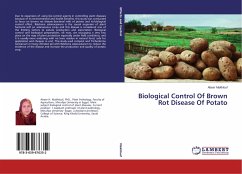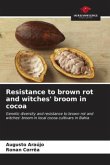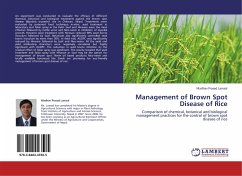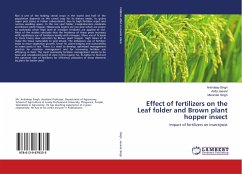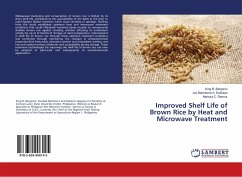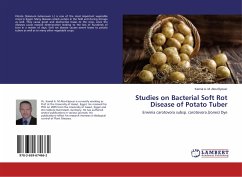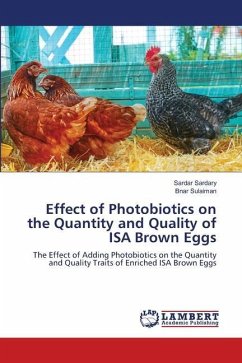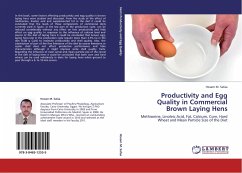Due to expansion of using bio-control agents in controlling plant diseases because of its environmental and health benefits, this study was conducted to focus on brown rot disease (bacterial wilt) of potato and its biological control effect. Ralstonia solanacearum is the causal organism of plant bacterial wilt on solanaceous crops and this disease is considered one of the limiting factors to potato production and exportation. Biological control and biological preparations, till now, are occupying a very tiny place on the map of plant protection especially under field conditions, and it is usually more enduring with no toxic residue in natural food, safe for application and cheaper in cost. This study used compost and Trichoderma harzianum in heavy infested soil with Ralstonia solanacearum to reduce the incidence of the disease and increase the production and quality of potato crop.
Bitte wählen Sie Ihr Anliegen aus.
Rechnungen
Retourenschein anfordern
Bestellstatus
Storno

